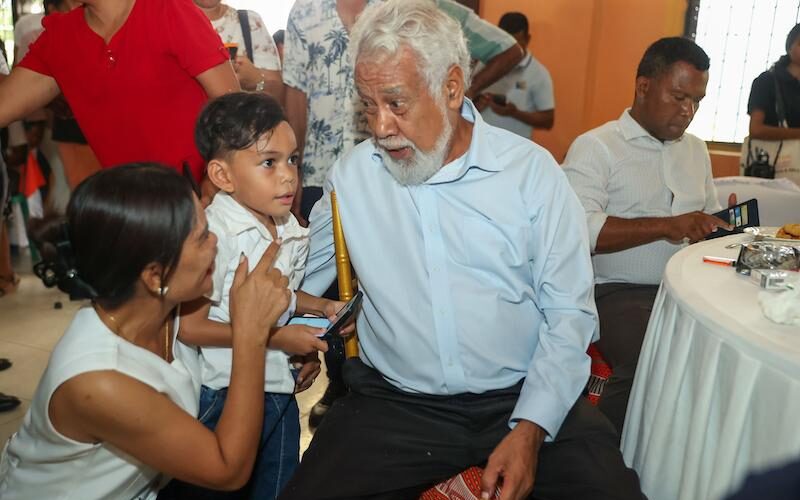Australia’s secret surveillance of Timor-Leste’s 2004 maritime boundary negotiations is no longer in dispute. Rex Patrick confirms it happened—despite the National Archives refusing to acknowledge any documents. That silence only deepens public concern, not resolve it.
The 2004 Espionage Operation
In 2004, ASIS planted listening devices in Timorese government offices during boundary talks. Australia had pledged to negotiate in good faith in 2002—but that promise was broken. The secret bugging gave Australian negotiators unfair access to Ecuador’s private strategy.
Legal Battles and International Fallout
The 2006 treaty was signed, but Timor-Leste soon learned of the spying. In 2013, they lodged an arbitration case in The Hague, alleging unlawful conduct. They stated:
“Australia covertly spied on the Timor-Leste negotiating team… unlawfully placed… enabling… awareness of private discussions.”
ASIS also conducted a raid in 2013 on Bernard Collaery and Witness K, seizing crucial legal documents. This led to parallel ICJ proceedings by Timor-Leste to recover the evidence.
Charges Against Whistleblowers
Eventually, charges were laid against Witness K and Collaery under national security laws for disclosing ASIS intelligence. Witness K admitted to conspiracy; Collaery faced similar allegations for leaking classified data to Timor-Leste.
A ‘Nuanced Confession’ and Continued Denial
In July 2023, Foreign Minister Wong acknowledged past actions as “disappointing,” affirming Timor-Leste’s right to contest the drama. Yet the Australian Government continues a “neither confirm nor deny” stance. Meanwhile, Patrick has appealed their refusal to release archival records—potentially escalating this to the High Court.
Time to Admit and Rebuild Trust
Xanana Gusmão, Timor-Leste’s Prime Minister, urged openness in legal settings, stating that transparency would “strengthen trust in Australia and its Government.”
Despite this, Australia stonewalls. Until Canberra admits the operation, genuine dialogue and trust remain out of reach.






